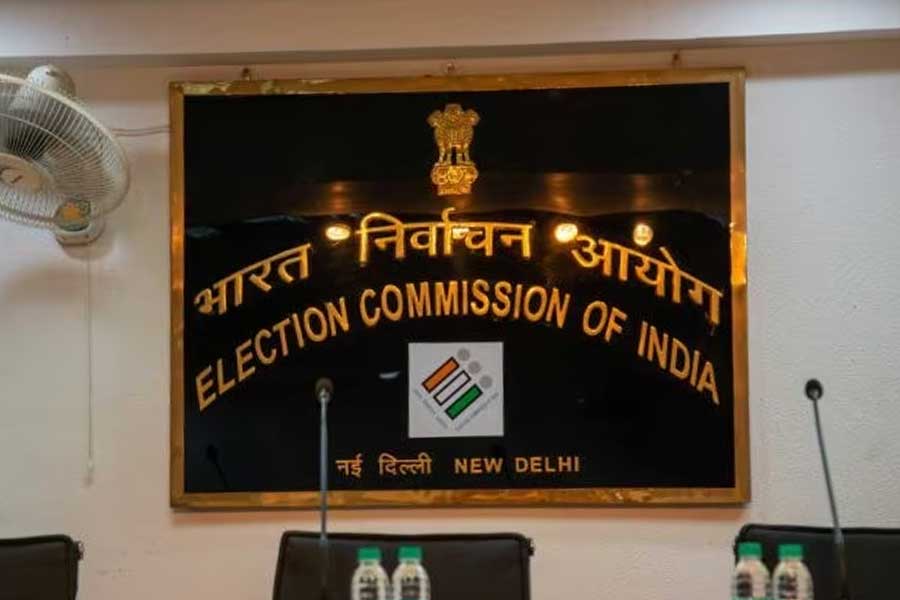The scale of the Special Intensive Revision of electoral rolls has just got wider, with the Election Commission of India deciding to roll out the exercise across nine states and three Union territories. Three states and one Union territory in the list — West Bengal, Tamil Nadu, Kerala and Puducherry — are bound for assembly elections. The efficacy of the SIR would thus be closely watched in these. Hearteningly, on this occasion, there seems to be a perceptible effort on the part of the authority concerned to smoothen out the rough edges of the SIR, the kind that had led to charges of disenfranchisement in Bihar. The differences are noteworthy. For instance, Aadhaar is among the documents that an elector can furnish to demand eligibility: in Bihar, this key document was inserted only after the intervention of the highest court. Refreshingly, there is now a formal provision of a specified time period for dealing with hearings and verifications in case of contestation. This is an important condition because the purpose of an SIR, the political sloganeering from some quarters notwithstanding, is not one of exclusion: the intent should be to produce electoral rolls devoid of infirmities without resorting to mass disenfranchisement. The EC must learn from its experience in Bihar to meet the challenges that it is likely to encounter in this round. For example, in states with a heavy presence of migrant populations and women, constituencies that often lack the requisite papers, the process must not adhere to the usual bureaucratic insensitivity. It must rely on inclusivity and empathy.
The SIR is, however, not a test only for the EC. Political parties also have a serious responsibility in this regard. In Bihar, the political response to the SIR was polarised: the National Democratic Alliance was receptive to the endeavour, if only to weaponise its charge of ghuspaithiyas, while the Opposition alleged that the SIR was a ploy to encourage selective disenfranchisement. These contrasting tones persist and need to change. Every political party must invest in the training of booth-level agents so as to make sure that genuine voters are not inconvenienced. In Bengal, the ruling Trinamool Congress seems to have stolen a march over its rivals — the Bharatiya Janata Party, the Congress and the Left — in this respect on account of its organisational strength. Greater coordination between the EC and the political parties is the key to making the SIR a success in all states.











